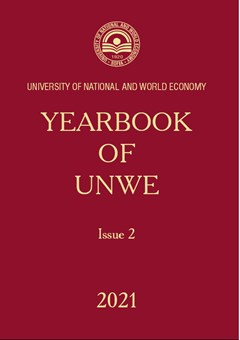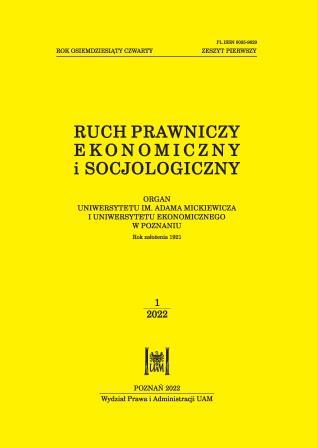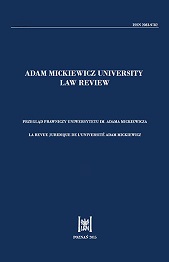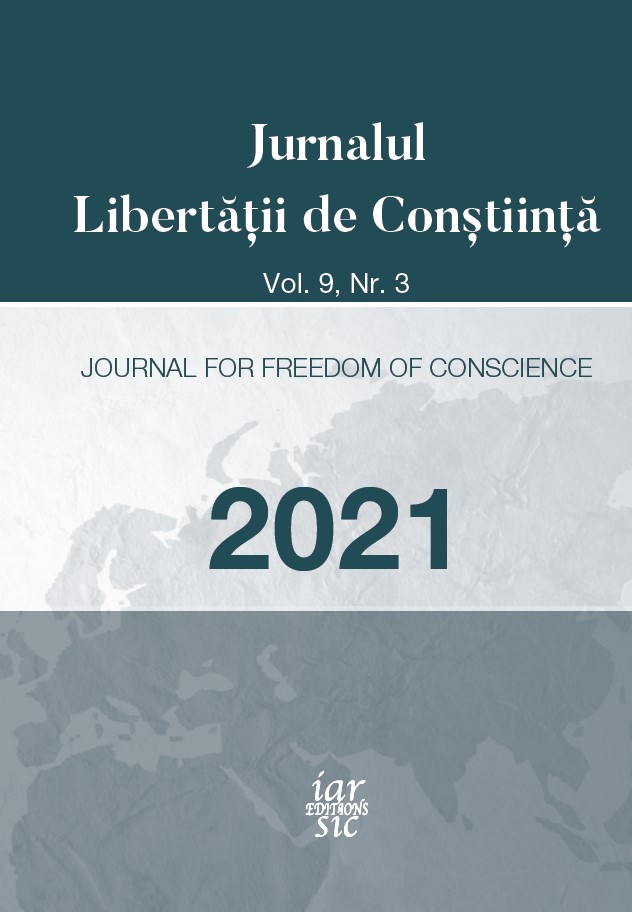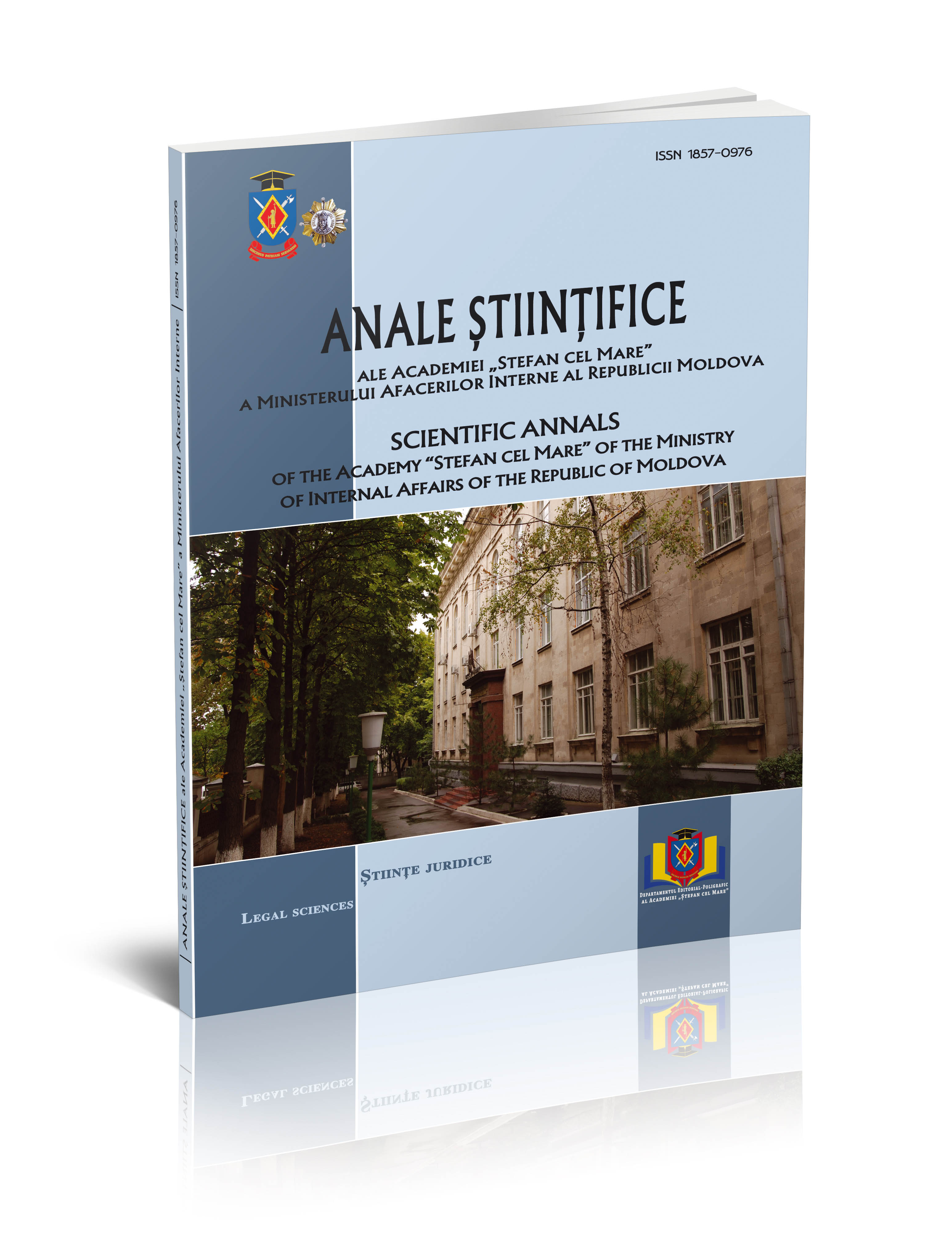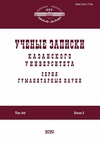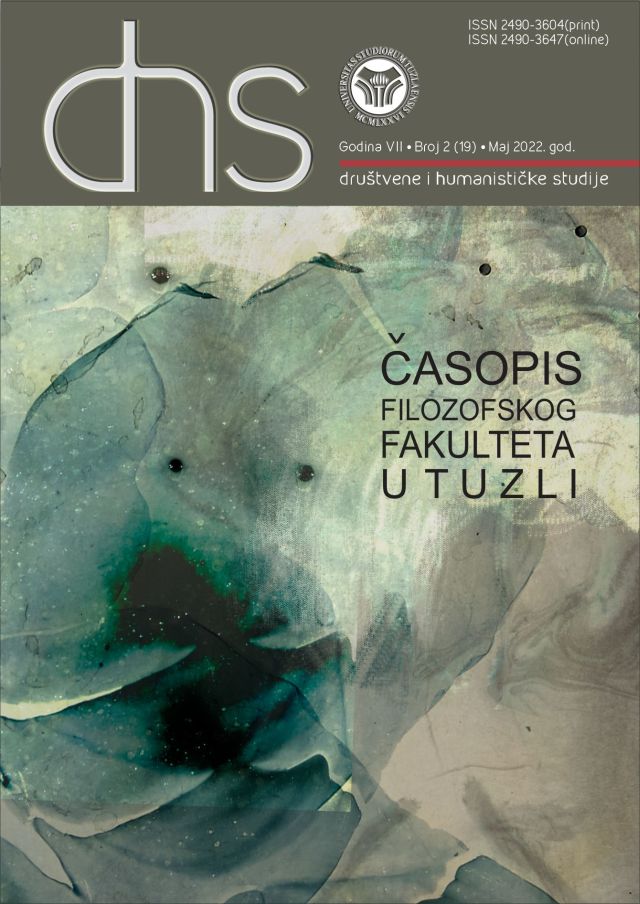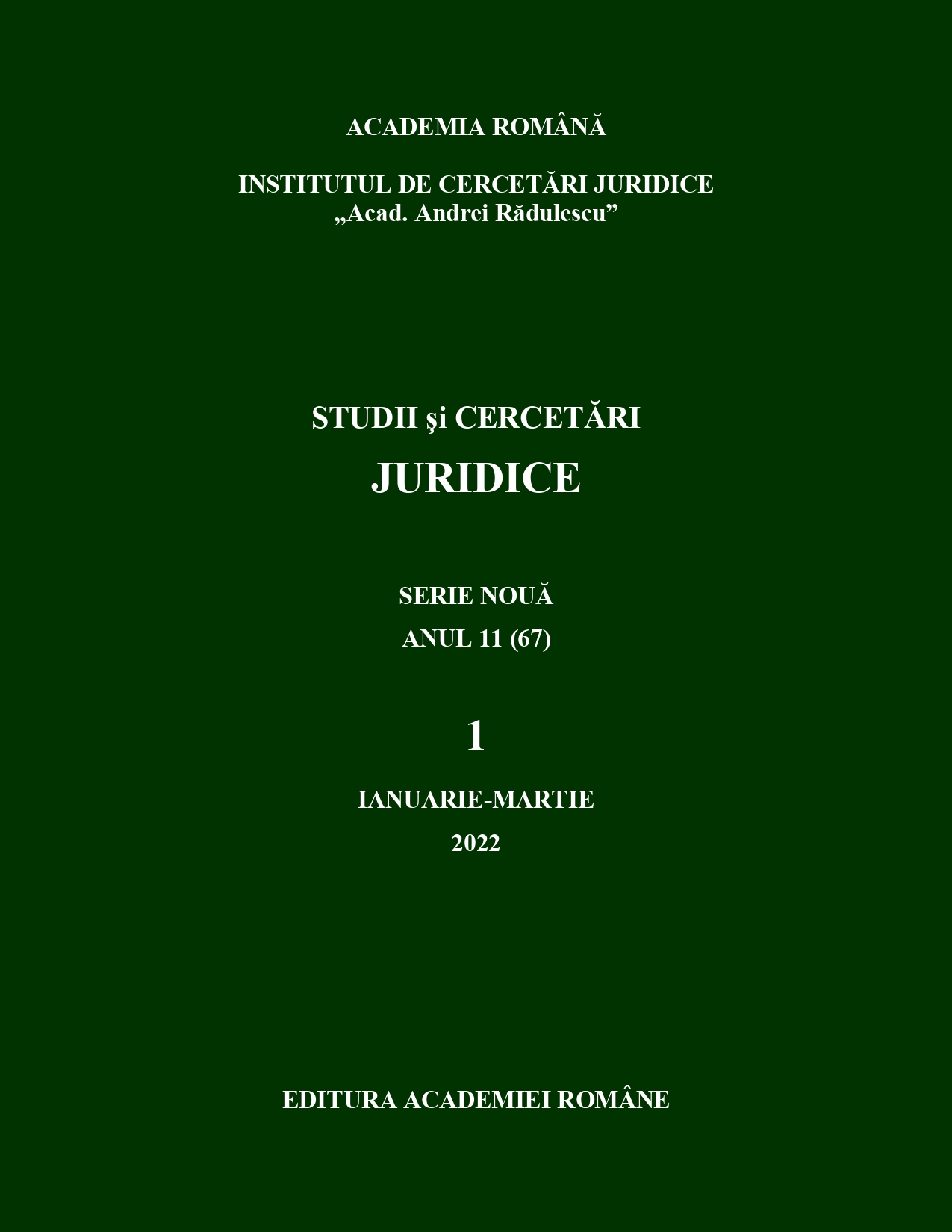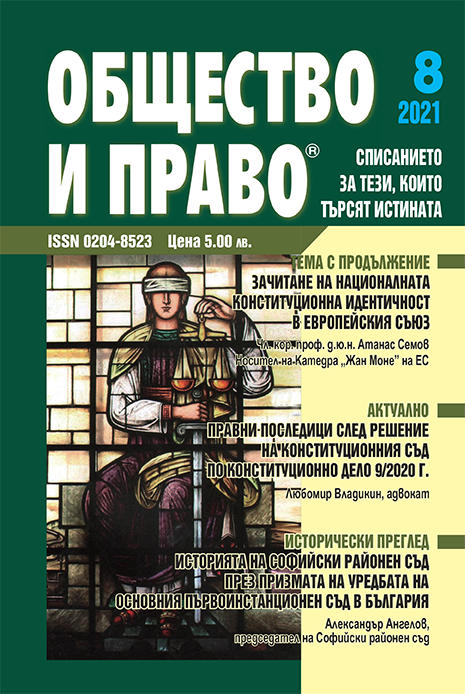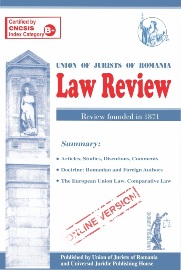
ADDED VALUE OF THE EU CHARTER OF FUNDAMENTAL RIGHTS TO OTHER HUMAN RIGHTS INSTRUMENTS
After almost seven years since the Charter entries into force is still not yet an explicit and regular element in the procedures applied for scrutinising the legality or assessing the impact of legislation in the EU Member States. Other international human rights instruments, such as the ECHR, tend to be more systematically included in such procedures. So, this paper aims at analyzing one of the measure that can help at strengthen the Charter’s role in the legislative processes at national level. We shall focus on Article 51 (field of application) –that could part of the assessment of the impact and legality of draft legislation. Thus, we can conclude that the Charter is a added value not only in respect with other instrument regarding the human rights but also that can be a more complete instrument for the national legislation on human rights, that bring, indeed, an “added value” in this field.
More...
